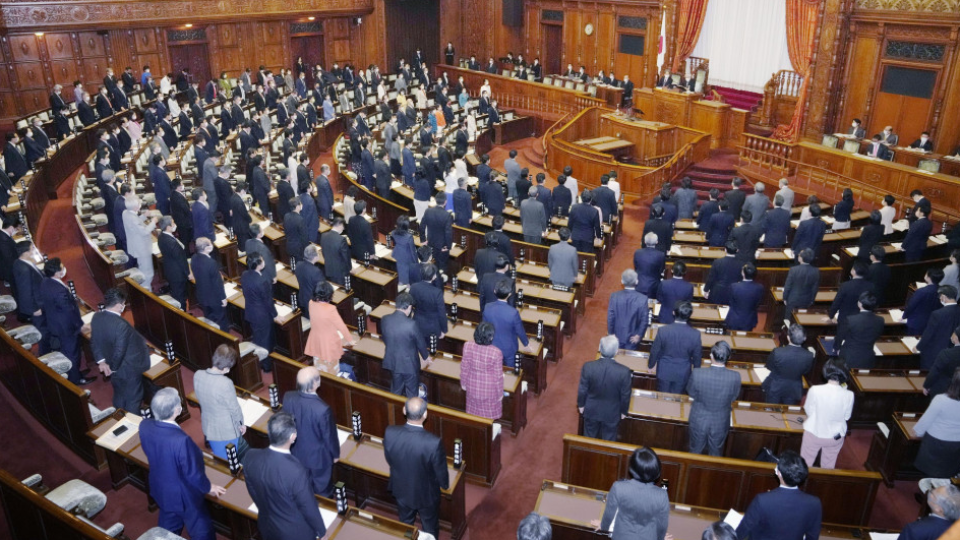Parliament Allows Changes to Japan’s System for Recognizing Paternity After Divorce

Japan’s parliament enacted Saturday legal changes that would allow the new husband of a remarried woman to assume paternity of children born within 300 days of divorce from her previous partner.
The first change to the century-old Civil Code provisions regarding paternity and marriage aims to address the issue of divorced women leaving their children off family registers to avoid former husbands being recognized as fathers, leading to difficulties in the children accessing health and other services.
The revised code, which was passed Saturday by a majority vote in a House of Councillors plenary session, will also scrap a rule, long considered discriminatory, that bans women from remarrying within 100 days of a divorce.
The current code states that a child born within 300 days of the mother’s divorce is presumed to belong to her former husband, regardless of whether she remarries after the 100-day ban.
Under the amendment, which will take effect within 18 months of its promulgation and apply to all children born after, the former husband would only be regarded as the father within the 300-day period if the woman has not remarried at the time of the child’s birth.
The new period for filing for arbitration will be set at within three years of knowledge about a birth, with the right extended to mothers and children. Children born prior to the revised code coming into effect will also be retroactively covered during the first year of its implementation.
Under the current arbitration system, which has been limited to former husbands seeking to deny paternity over children born within 300 days of a divorce, the period was set at one year.
The revisions also include removing the parental right to punish children, while clearly stating that physical punishment and verbal and physical actions that harm a child’s healthy development are not permissible.


























